In an essay called ‘Wagner’s fluids’, Susan Sontag concludes, ‘The depth and grandeur of feeling of which Wagner is capable is combined in his greatest work with an extraordinary delicacy in the depiction of emotion. It is this delicacy that may finally convince us that we are indeed in the presence of that rarest of achievements in art, the reinvention of sublimity.’ For a performance of any of Wagner’s mature works, either we feel we are in the presence of sublimity or the whole thing is a frustrating waste of time, as almost all performances are.
At Longborough, which this year has revived its 2015 production of Tristan und Isolde, the combination of depth, grandeur and delicacy of emotion are, for once, successfully present, and the result is one of the most exalting experiences I have had in the opera house. What was intermittently present in 2015 is continuously and therefore cumulatively present this year. Many of the ingredients that were there two years ago are still there, above all the conducting of Anthony Negus, whose way with Tristan is less broad than his mentor Goodall’s, but otherwise very similar: this is Wagnerian bel canto, but with no feeling of miniaturisation. Negus searches for, and invariably finds, the warm unfolding melody throughout the work, and gets his singers and his superb orchestra to do the same.
The most important change of cast is the Isolde of Lee Bisset. Two years ago Rachel Nicholls was powerful and passionate, sometimes almost too loud, but Bisset has a greater regal presence, a richer tone, and integrates passages that can sound like mere declamation into the overall forward pressure of the drama. She and the Tristan of Peter Wedd make the most convincing couple I have ever seen in this work. Wedd is a handsome, athletic presence — at Tristan’s entry in Act Two momentarily a comically athletic one, in his eagerness, rushing past Isolde and vaulting over the all-purpose single item of furniture. For a long time now I’ve expected to see at best a Tristan who can keep going and not let his Isolde down, but Wedd at last fulfils Wagner’s design, which is to move the emphasis from Isolde (Act One), to the pair of lovers (Act Two) on to Tristan, who in Act Three carries out the most thorough and excruciating self-analysis and self-discovery of any character in opera, or indeed in drama altogether. Jon Vickers, as always sui generis, was so flabbergasting in Act Three that one waited through the first two acts to endure his sufferings with him. Wedd is up to all the demands of the role — and for once Act Two is uncut — so that we respond fully to the intensities of all three acts; if we have the stamina, that is. These two magnificent singing actors are fully supported by their servants. Only King Marke, as previously, is inadequate, though not to a disabling extent.
And Carmen Jakobi’s production, previously disfigured by a couple of dancers who unpredictably appeared and distracted, to put it mildly, one’s attention to the drama, is now excellent: the Act Two duet, which usually has the pair sitting on a park bench or standing facing the audience, here has them interacting throughout, so that the combination of the erotic in the music and their behaviour, and the metaphysical in what they are singing, works to devastating effect.
It would be easy to do a compare-and-contrast piece on Tristan and Debussy’s Pelléas et Mélisande, a new production of which opened at Garsington Opera last week, but there’s no space for that here. It is an interesting and in some ways traditional account of the opera, with designs by Tom Piper that are quite elaborate, but which urgently need the lighting that they get for the last acts, but can’t have for the earlier ones because the sun all too blindingly served that purpose.
The Mélisande, sung more explicitly than usual by Andrea Carroll, is a pre-Raphaelite creation, walking on to the set with an enormous train, and leaning alarmingly far into the pool into which Mélisande so fatefully drops her ring later. Everyone else is dressed in contemporary suits, which shows that Michael Boyd is making a point, though I’m not sure what it is. Whatever the intention, this was for me very much the tragedy of Golaud, just as lost as everyone else but determined to do something, and strongly acted and sung by Paul Gay. How Boulez could describe Golaud as ‘that horrid man who wants to know everything’ is beyond comprehension. As usual, I was surprised by how little Pelléas has to sing — the opera should really be called Golaud et Mélisande. Jonathan McGovern sang the part beautifully, but his acting was gauche.
The main musical satisfaction of the evening was the forthright, intense playing of the Philharmonia Orchestra, which will be making regular appearances at Wormsley, and was encouraged to give its utmost by Jac van Steen.
Got something to add? Join the discussion and comment below.
Get 10 issues for just $10
Subscribe to The Spectator Australia today for the next 10 magazine issues, plus full online access, for just $10.
You might disagree with half of it, but you’ll enjoy reading all of it. Try your first month for free, then just $2 a week for the remainder of your first year.

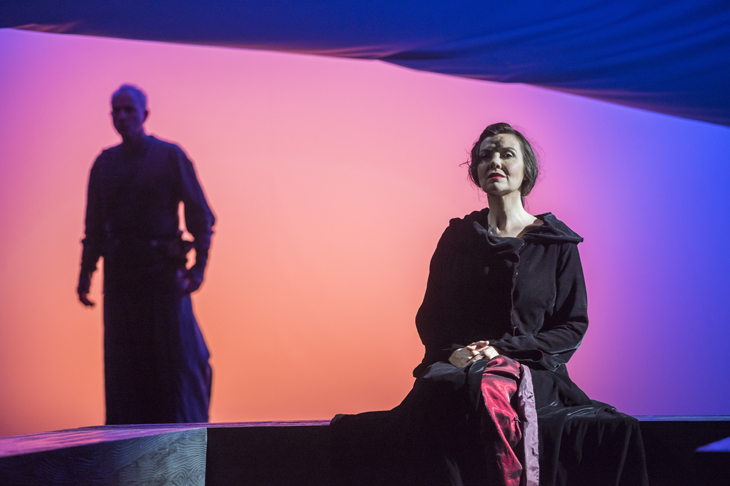

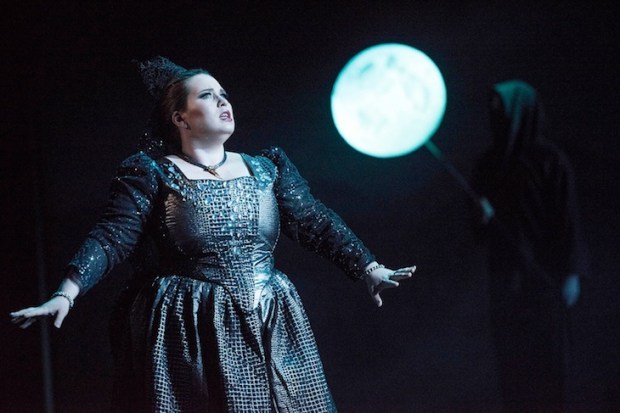
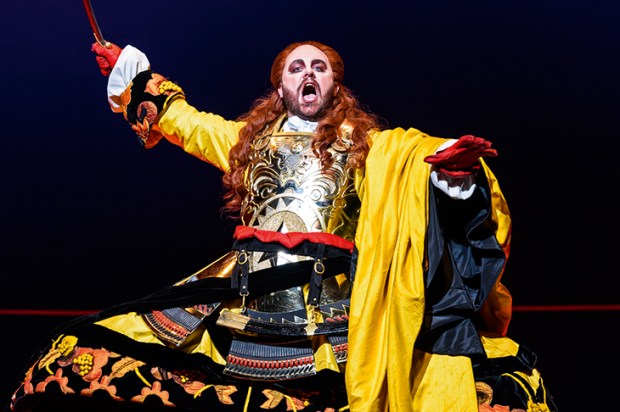
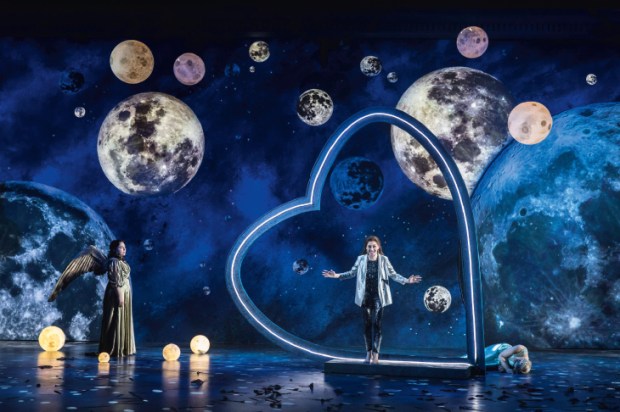
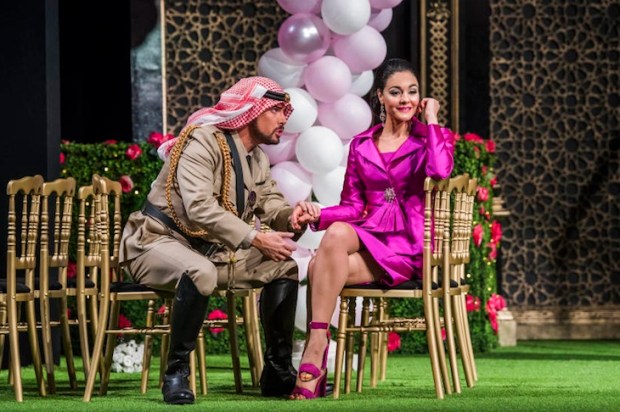
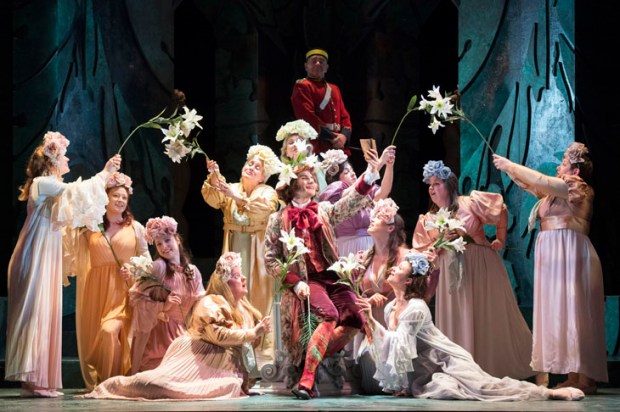






Comments
Don't miss out
Join the conversation with other Spectator Australia readers. Subscribe to leave a comment.
SUBSCRIBEAlready a subscriber? Log in